US Gambling Laws by State
There are 50 different states with governments that determine the gambling laws within their borders. Understanding the online gambling laws across the US can get confusing, to say the least, but don’t worry.
We are here to help.
Our team at OUSC has researched each state’s gambling legislation and compiled our findings to create a concise rundown of everything you need to know.
We will share where you can wager online, what to avoid, and some interesting tidbits. This is our ultimate guide to the US online gambling laws.
The Ultimate US Casino Law Guide
Table of Contents: Jump into your preferred section!
States Where Gambling Is Legal

If you include the lottery, 48 out of the 50 states in the US have some form of legal gambling.
The only places where gambling is completely banned are Hawaii and Utah. Otherwise, you can find land-based casinos, sportsbooks, race tracks, and poker rooms all throughout the country.
Below is a brief summary of how prevalent the most popular forms of gambling are.
| Legal Standing | Quantity of US States |
|---|---|
| States with legal land-based casinos | 44 |
| States with legal online gambling | 7 (Connecticut, Delaware, Michigan, New Jersey, Pennsylvania, Rhode Island, and West Virginia) |
| States with legal sports betting (retail or online) | 36 |
| States where gambling is illegal | 2 (Utah is strict with a 100% total ban on all betting activities, and Hawaii only allows social games, like poker, played in private homes) |
Gambling Laws by State
If you’re curious about the online gambling laws in your state or others, look no further than our comprehensive list below.
Each page covers everything from state laws and restrictions to current land-based casinos, sportsbooks, and racetracks.
You can use the gambling laws summary below as a quick reference for what’s legal and what isn’t in each state.
| US State | Online Casinos | Sports Betting | Land-Based Casinos | State Lottery | Horse Race Betting | Dog Race Betting | Charitable Gambling |
|---|---|---|---|---|---|---|---|
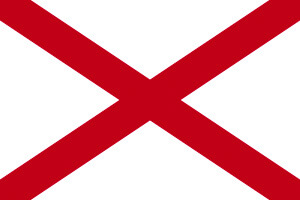 Alabama Alabama | Offshore Only | Not Legal | Tribal Only | Not Legal | Legal- No Racetracks | Legal- No Racetracks | Legal |
 Alaska Alaska | Offshore Only | Not Legal | Legal | Not Legal | Not Legal | Legal | Legal |
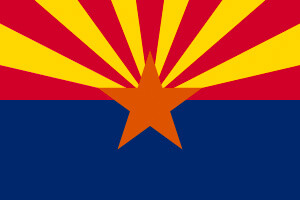 Arizona Arizona | Offshore Only | Legal | Tribal Only | Legal | Legal | Not Legal | Legal |
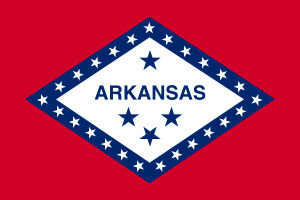 Arkansas Arkansas | Offshore Only | Legal | Legal | Legal | Legal | Not Legal | Legal |
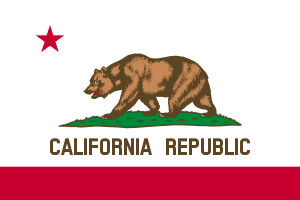 California California | Offshore Only | Not Legal | Tribal Only | Legal | Legal | Not Legal | Not Legal |
 Colorado Colorado | Offshore Only | Legal | Legal | Legal | Legal | Not Legal | Legal |
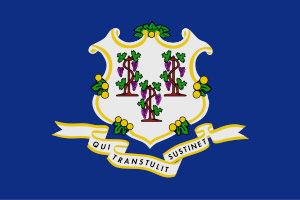 Connecticut Connecticut | Legal | Legal | Tribal Only | Legal | Legal- No Racetracks | Legal- No Racetracks | Legal |
 Delaware Delaware | Legal | Legal | Legal | Legal | Legal | Not Legal | Legal |
 Florida Florida | Offshore Only | Legal- Mobile Only | Tribal Only | Legal | Legal | Not Legal | Legal |
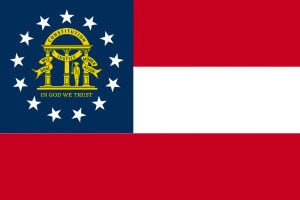 Georgia Georgia | Offshore Only | Not Legal | Not Legal | Legal | Not Legal | Not Legal | Legal |
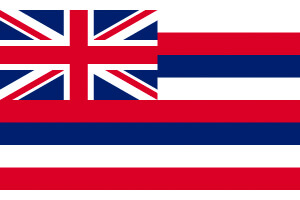 Hawaii Hawaii | Offshore Only | Not Legal | Not Legal | Not Legal | Not Legal | Not Legal | Not Legal |
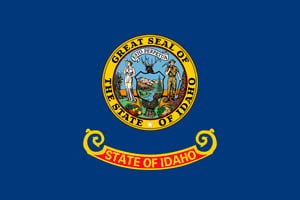 Idaho Idaho | Offshore Only | Not Legal | Tribal Only | Legal | Legal | Not Legal | Legal |
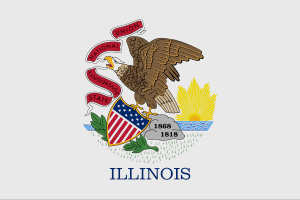 Illinois Illinois | Offshore Only | Legal | Legal | Legal | Legal | Not Legal | Legal |
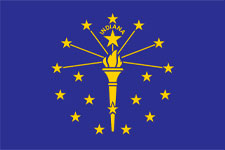 Indiana Indiana | Offshore Only | Legal | Legal | Legal | Legal | Not Legal | Legal |
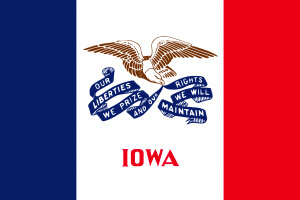 Iowa Iowa | Offshore Only | Legal | Legal | Legal | Legal | Not Legal | Legal |
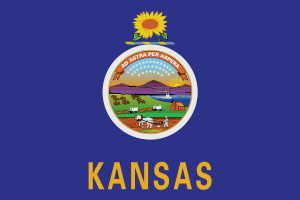 Kansas Kansas | Offshore Only | Legal | Legal | Legal | Legal- No Racetracks | Legal- No Racetracks | Legal |
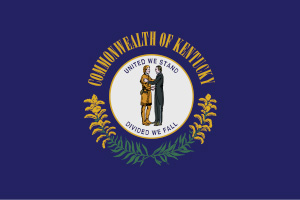 Kentucky Kentucky | Not Legal | Legal | Not Legal | Legal | Legal | Not Legal | Legal |
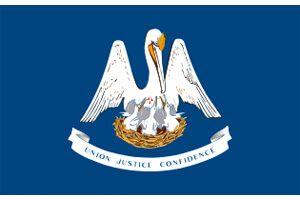 Louisiana Louisiana | Not Legal | Legal | Legal | Legal | Legal | Not Legal | Legal |
 Maine Maine | Offshore Only | Legal | Legal | Legal | Legal | Not Legal | Legal |
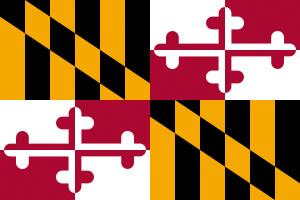 Maryland Maryland | Offshore Only | Legal | Commercial Only | Legal | Legal | Not Legal | Legal |
 Massachusetts Massachusetts | Offshore Only | Legal | Commercial Only | Legal | Legal | Not Legal | Legal |
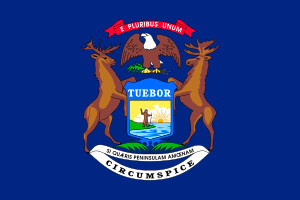 Michigan Michigan | Legal | Legal | Legal | Legal | Legal | Not Legal | Legal |
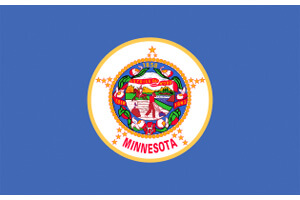 Minnesota Minnesota | Offshore Only | Not Legal | Tribal Only | Legal | Legal | Not Legal | Legal |
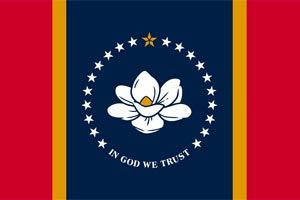 Mississippi Mississippi | Offshore Only | Legal | Legal | Legal | Not Legal | Not Legal | Legal |
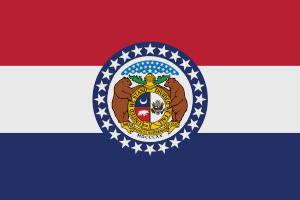 Missouri Missouri | Offshore Only | Legal- Mobile Only | Legal | Legal | Legal- No Racetracks | Not Legal | Legal |
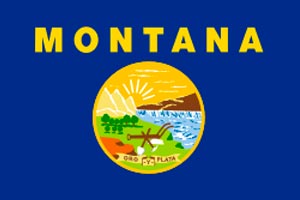 Montana Montana | Offshore Only | Legal- Retail Only | Tribal Only | Legal | Legal | Not Legal | Legal |
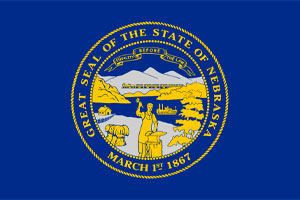 Nebraska Nebraska | Offshore Only | Legal- Retail Only | Tribal Only | Legal | Legal | Not Legal | Legal |
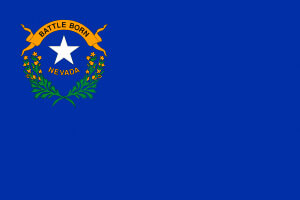 Nevada Nevada | Offshore Only | Legal | Legal | Not Legal | Legal | Not Legal | Legal |
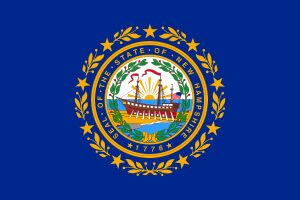 New Hampshire New Hampshire | Offshore Only | Legal | Legal | Legal | Legal | Not Legal | Legal |
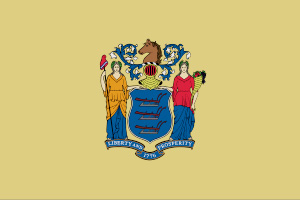 New Jersey New Jersey | Legal | Legal | Commercial Only | Legal | Legal | Not Legal | Legal |
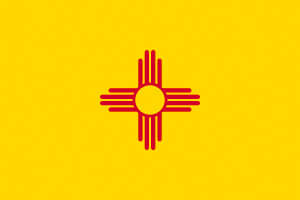 New Mexico New Mexico | Offshore Only | Legal- Retail Only | Tribal Only | Legal | Legal | Not Legal | Legal |
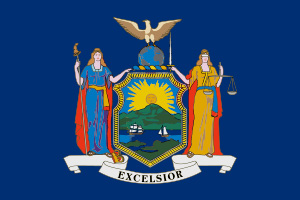 New York New York | Offshore Only | Legal | Legal | Legal | Legal | Not Legal | Legal |
 North Carolina North Carolina | Offshore Only | Legal | Tribal Only | Legal | Legal- No Racetracks | Not Legal | Legal |
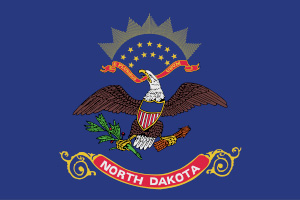 North Dakota North Dakota | Offshore Only | Legal- Retail Only | Tribal Only | Legal | Legal | Legal- No Racetracks | Legal |
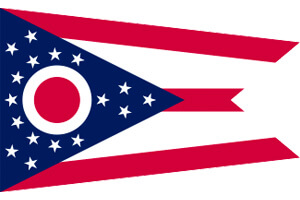 Ohio Ohio | Offshore Only | Legal | Commercial Only | Legal | Legal | Not Legal | Legal |
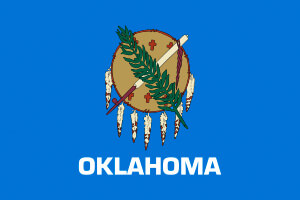 Oklahoma Oklahoma | Offshore Only | Not Legal | Tribal Only | Legal | Legal | Not Legal | Legal |
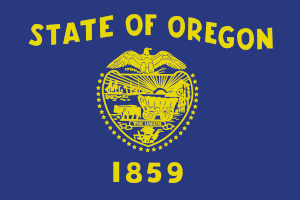 Oregon Oregon | Offshore Only | Legal | Tribal Only | Legal | Legal- No Racetracks | Legal- No Racetracks | Legal |
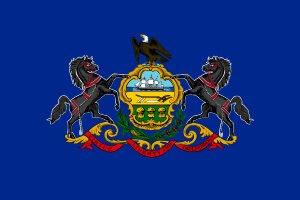 Pennsylvania Pennsylvania | Legal | Legal | Commercial Only | Legal | Legal | Not Legal | Legal |
 Rhode Island Rhode Island | Legal | Legal | Commercial Only | Legal | Legal- No Racetracks | Not Legal | Legal |
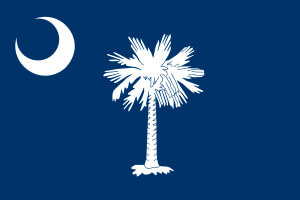 South Carolina South Carolina | Offshore Only | Not Legal | Not Legal | Legal | Not Legal | Not Legal | Legal |
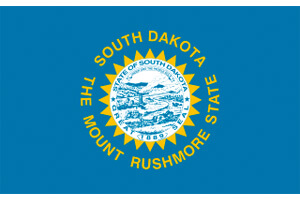 South Dakota South Dakota | Offshore Only | Legal- Retail Only | Legal | Legal | Legal | Not Legal | Legal |
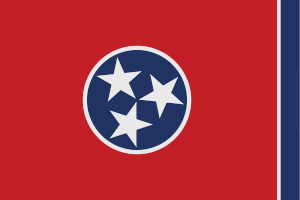 Tennessee Tennessee | Offshore Only | Legal- Mobile Only | Not Legal | Legal | Not Legal | Not Legal | Legal |
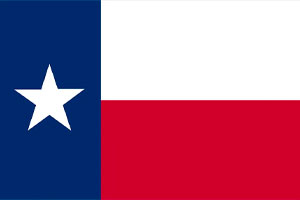 Texas Texas | Offshore Only | Not Legal | Tribal Only | Legal | Legal | Legal- No Racetracks | Legal |
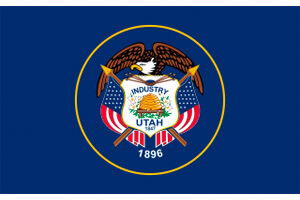 Utah Utah | Not Legal | Not Legal | Not Legal | Not Legal | Not Legal | Not Legal | Not Legal |
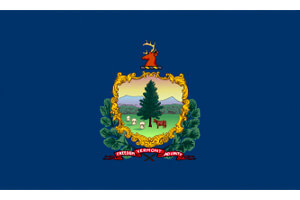 Vermont Vermont | Offshore Only | Legal- Mobile Only | Not Legal | Legal | Not Legal | Not Legal | Legal |
 Virginia Virginia | Legal | Legal | Legal | Legal | Legal | Not Legal | Legal |
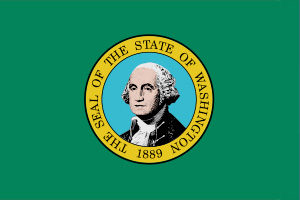 Washington Washington | Not Legal | Legal | Legal | Legal | Legal | Not Legal | Legal |
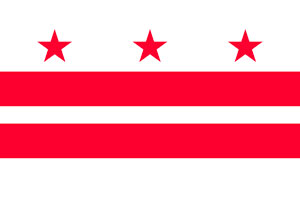 Washington D.C. Washington D.C. | Offshore Only | Legal | Not Legal | Legal | Not Legal | Not Legal | Legal |
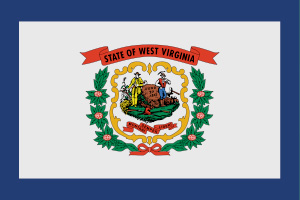 West Virginia West Virginia | Legal | Legal | Commercial Only | Legal | Legal | Legal | Legal |
 Wisconsin Wisconsin | Offshore Only | Legal | Tribal Only | Legal | Legal- No Racetracks | Legal- No Racetracks | Legal |
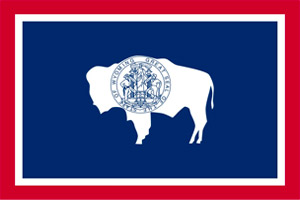 Wyoming Wyoming | Not Legal | Legal- Mobile Only | Tribal Only | Legal | Not Legal | Not Legal | Legal |
US Gambling Key Takeaways
- There are currently seven states with zero land-based casinos: Georgia, Hawaii, Kentucky, South Carolina, Tennessee, Utah, and Vermont.
- The only states that don’t have a lottery are Alabama, Alaska, Hawaii, Nevada, and Utah.
- Out of the 50 states, 17 have casinos that are solely owned by tribes.
- Sports betting is legal in some form in 36 states.
- Montana, Nebraska, New Mexico, North Dakota, and South Dakota only offer retail sports betting. There are not any online services yet.
- Charitable gambling is not permitted only in 3 states: California, Hawaii, and, of course, Utah.
- Dog racing is basically banned everywhere except in Alaska and West Virginia.
- There are seven states that only have commercial casinos and zero tribal.
- There are 18 states with a combination of commercial and tribal casinos.
- Nevada has the most casinos at 345, followed by Montana, Louisiana, and Oklahoma.
States Where Online Gambling Is Legal
Online casinos are regulated by the state in Connecticut, Delaware, Michigan, New Jersey, Pennsylvania, Rhode Island, and West Virginia..
However, online gambling (casino gaming and sports betting) is a work in progress in the US. While gambling is legal at a federal level, it’s currently up to the states to legalize or prohibit online casinos.
America is a vast country with laws, beliefs, and politics varying from state to state. While some are adamant about keeping gambling sites out of their borders, others are more welcoming.
But the most common scenario is that the state’s laws don’t address online gambling at all, leaving it in a legal grey area. Such is the case for 39 states currently.
Online Casinos Legal States
Here’s a brief summary of the legal status of online gambling in the US.
| Legal Status | Number of US States | State List |
|---|---|---|
| Legal | 7 | Connecticut, Delaware, Michigan, New Jersey, Pennsylvania, Rhode Island, and West Virginia. |
| Legal, not yet operational | 1 | Rhode Island |
| Gray Area | 39 | Alabama, Alaska, Arizona, Arkansas, California, Colorado, Florida, Georgia, Idaho, Illinois, Indiana, Iowa, Kansas, Kentucky, Maine, Maryland, Massachusetts, Minnesota, Mississippi, Missouri, Montana, Nebraska, Nevada, New Hampshire, New Mexico, New York, North Carolina, North Dakota, Ohio, Oklahoma, Oregon, South Carolina, South Dakota, Tennessee, Texas, Vermont, Virginia, Wisconsin |
| Illegal | 5 | Louisiana, Hawaii, Washington, Wyoming, Utah |

What Does Gray Area Mean?
Not everything is black and white, even gambling laws. Owning and operating an online casino in most states is illegal, but there is a loophole for those looking to gamble online.
Sites that operate outside of the US can accept players.
How is that possible? Simply put, many state laws don’t address gambling at online casinos licensed outside of the country, making it a legal grey area.

Are Offshore Casinos Safe?
An offshore online casino is licensed in another country other than the US.
Just because they operate somewhere else doesn’t make them untrustworthy. Many offshore sites are perfectly safe and adhere to strict standards and fair practices.
Of course, there can be a few bad eggs. It’s essential to look for the telltale signs of a legitimate online casino before playing there, but it can be tricky to the untrained eye.
We Are Here to Help!
We’ve done the research for you. We are experts at examining gambling sites from top to bottom. We check for licenses, RNG technology, SSL encryption, quality games, fair terms and conditions, and responsive customer support. You can trust our recommendations have been thoroughly vetted.
Read our guides and reviews to discover legit real money online casinos.
States Where Sports Betting Is Legal
In 2018, the Supreme Court struck down a federal law that banned sports betting, opening the door for legalization at a state level. Since then, sports betting has been sweeping the nation, with 36 states now offering online or retail sportsbooks.
Here’s the breakdown.
| Legal Status | Number of US States | State List |
|---|---|---|
| Legal, retail and online | 28 | Arizona, Arkansas, Colorado, Connecticut, Delaware, Illinois, Indiana, Iowa, Kansas, Kentucky, Louisiana, Maine, Maryland, Massachusetts, Michigan, Mississippi, Nevada, New Hampshire, New Jersey, New York, North Carolina, Ohio, Oregon, Pennsylvania, Rhode Island, Virginia, Washington, West Virginia |
| Legal, retail only | 5 | Montana, Nebraska, New Mexico, North Dakota, South Dakota, |
| Legal, online only | 3 | Tennessee, Vermont, Wyoming |
| Complex Legislation | 2 | Florida, Wisconsin |
| Illegal | 12 | Alabama, Alaska, California, Georgia, Hawaii, Idaho, Minnesota, Missouri, Oklahoma, South Carolina, Texas, Utah |
Land-Based Casino Regulation
Land-based casinos are legal in almost every state across the United States. Only seven states do not offer land-based casinos: Georgia, Hawaii, Kentucky, South Carolina, Tennessee, Utah, and Vermont.
The rest offer a variety of physical establishments for gambling, such as riverboats, dockside sites, racinos, bars, clubs, or skill game establishments. These establishments are either regulated by the state or by Indian tribes.
Commercial Casinos
These casinos are state-regulated and can be found in 25 states, with popular locations in Las Vegas and Atlantic City.
Major brands such as Wynn Resorts, Caesars Entertainment, and MGM own and operate them.
- Class III “Las Vegas style” games
- Report payback percentages
- Follow beverage restrictions
Native Tribe Casinos
These operations are overseen by the National Indian Gaming Commission. Native peoples run these gambling businesses across the United States.
A total of 524 tribal casinos operate in 35 of the 50 US states.
- Mostly Class II games (learn more about game classification options)
- Available in more states
- Free reign over regulations
Federal Gambling Laws
There were a few pivotal federal gambling laws in the history of the US. Let’s take a look at three that shaped the way we play today.
Federal Wire Act
The Federal Wire Act of 1961 prohibits knowingly using wire communication to transmit wagers or betting information on any sporting event or contest across state or international lines.
Since then, the courts have determined that includes the Internet.
This act is the reason why US sportsbooks must ensure they only accept bets from states they’re licensed in.
PASPA
The Professional and Amateur Sports Protection Act of 1992 restricted almost all states from legalizing sports betting.
In 2018, the Supreme Court declared the act unconstitutional, giving states the power to decide whether to permit sports betting.
UIGEA
The Unlawful Internet Gambling Enforcement Act of 2006 prohibits gambling businesses from knowingly accepting payments for wagers over the Internet.
It doesn’t ban online gambling but rather targets banks and credit card companies, making it illegal to process payments to unlawful gambling sites.
It has impacted the payment methods available at some offshore casinos, but many still operate without problem.
American Gambling History
The US has a long history of gambling, from the first colonial settlers to modern online casinos. The timeline below contains some influential moments in America’s past that brought us to our current state.
1638
The Puritans of Massachusetts passed the first law against gambling in America, banning cards, dice, and gambling devices.
1776
Continental Congress organized a 5 million dollar lottery that helped finance the Revolutionary War.
1800
Craps gained popularity in America with riverboat workers and farmers.
1827
The Crescent City House opened in New Orleans, making it the first American casino.
1895
The first slot machine, called the Liberty Bell, was invented by Charles Fey.
1931
Commercial gaming was legalized in Nevada, paving the way for the development of Las Vegas.
1961
Congress passed the Federal Wire Act, making it illegal to share betting information across state lines.
1988
Congress passed the Indian Gaming Regulatory Act, allowing Native American tribes to open casinos in states with legal gambling.
1994
Microgaming introduced the world to iGaming with the launch of the first online casino software.
1996
Kahnawake Gaming Commission is founded and begins licensing online casinos worldwide.
1998
The online casino industry was growing, with over 700 gambling sites in operation worldwide.
2006
Despite the passage of the UIGEA, online gambling is booming, and there are over 2,300 sites around the globe generating $12 billion in revenue.
2012
Delaware became the first state in the US to make online casinos legal within its borders.
2018
The Supreme Court gave states the right to legalize sports betting.
The Future of Online Gambling in the US – What to Expect?
Gambling in the US has been a journey with many ups and downs. Prohibitive laws were passed, then reversed, then passed again.
But the winding path has, for the most part, led to an acceptance of gambling, with most states now having some form of legalized wagering.
Sports betting is booming all over the country, and more states are opening up to the idea every day. Some have even launched regulated online casinos.
It’s easy to deduce the future is headed towards widespread embracement of gambling. However, it’s hard to say how long it will take to get there.
In the meantime, offshore sites offer a way for US players to gamble online. By operating outside of the country, these sites are able to provide the casino experience to those who don’t have access to state-run casinos yet.
Frequently Asked Questions About Casino Laws
If you have more questions, check out the US online gambling FAQs below.
Do you pay taxes on gambling winnings outside the us?
Any gambling winnings, including those won outside of the US, are subject to taxes.
What was the first state to legalize online gambling?
In 2013, Delaware, Nevada (poker only), and New Jersey became the first states to legalize online gambling.
Can online casinos be trusted?
Yes, online casinos can be trusted as long as they are legitimate sites. It’s important to look for some crucial signs like a license, RNG technology, and reliable banking methods.

